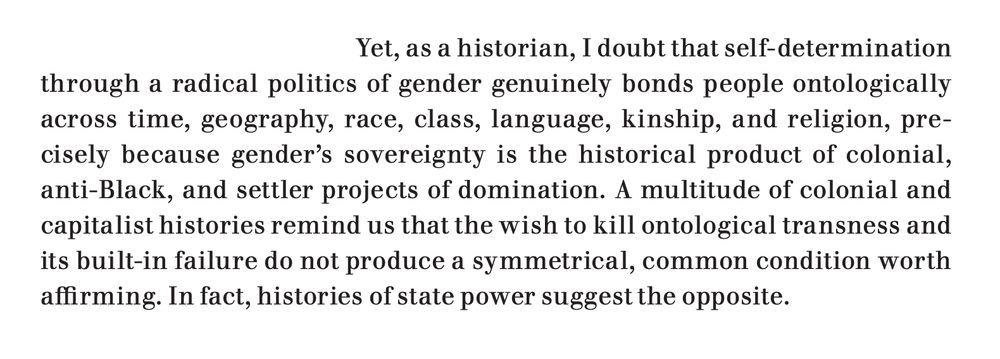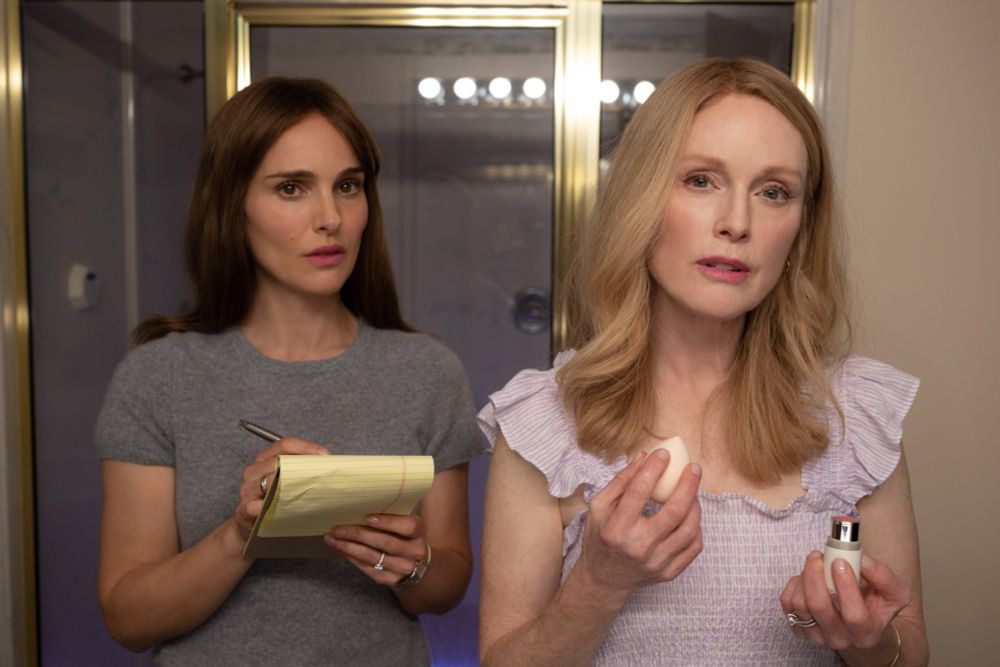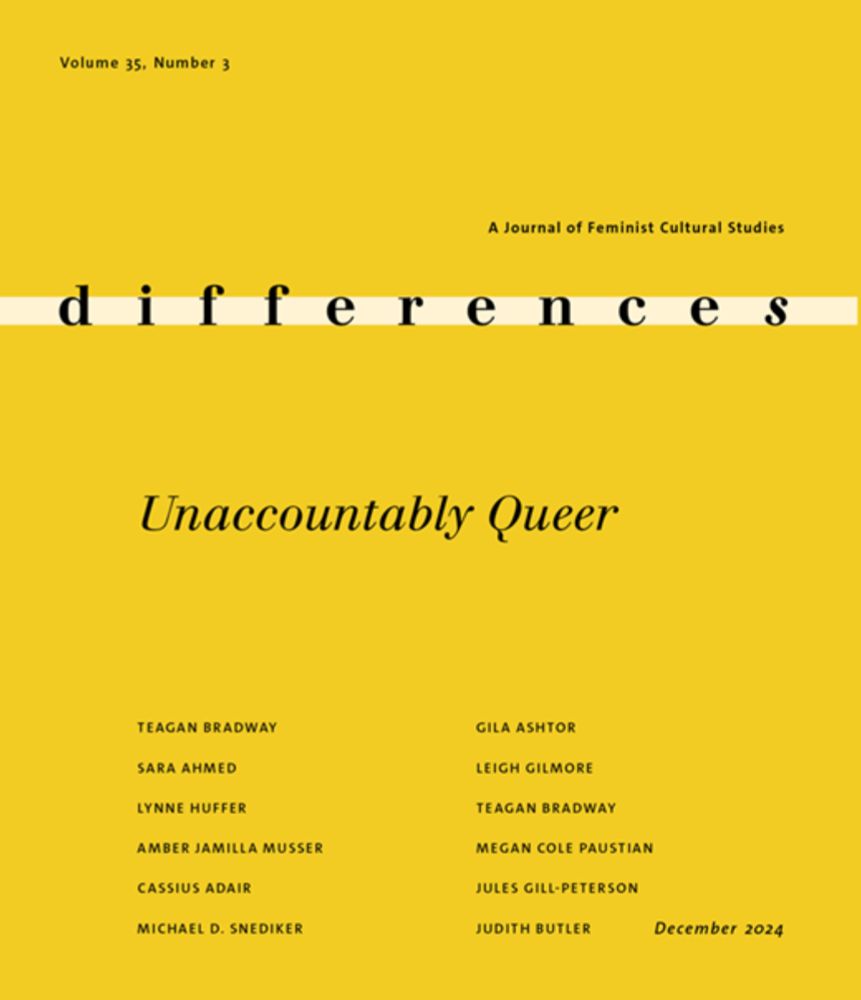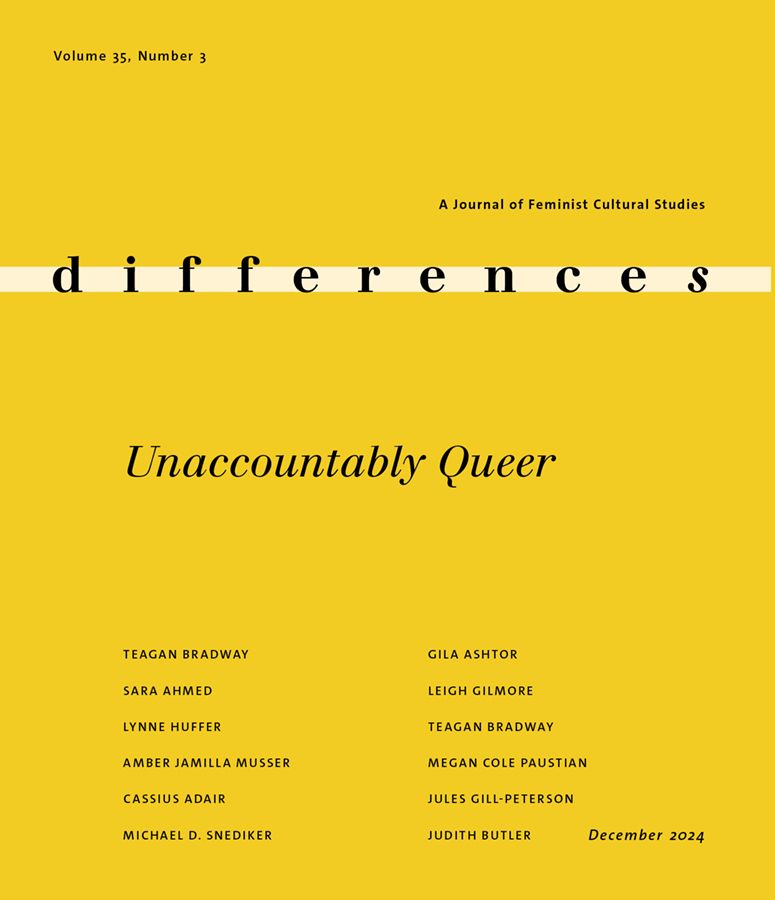differences
@differences.bsky.social
1K followers
270 following
49 posts
a journal of feminist cultural studies | https://differencesjournal.org
Posts
Media
Videos
Starter Packs
Reposted by differences
Reposted by differences
Reposted by differences
Reposted by differences
Reposted by differences
Reposted by differences
differences
@differences.bsky.social
· Jun 2
Reposted by differences
Reposted by differences
Reposted by differences
Reposted by differences
Reposted by differences
Reposted by differences
Leigh Gilmore
@lgilmore.bsky.social
· Dec 12
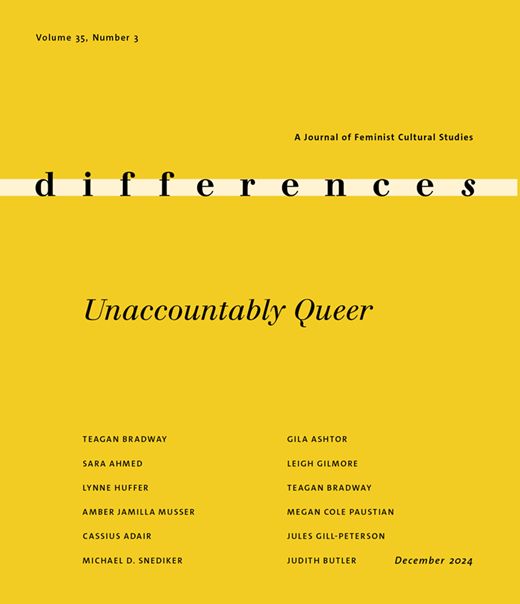
Giving an Epistolary Account of Oneself: Hannah Arendt and Mary McCarthy
This article reads the decades-long correspondence between Hannah Arendt and Mary McCarthy as an account, following Judith Butler. Specifically, it argues that an epistolary subject emerges through th...
read.dukeupress.edu
Reposted by differences
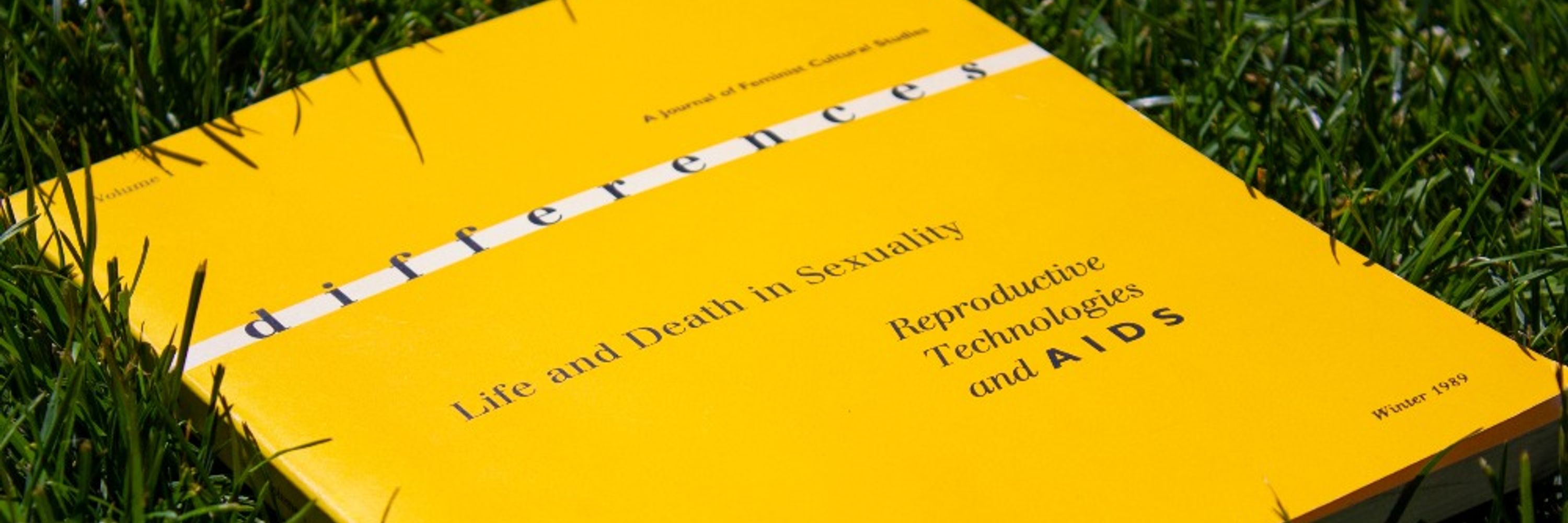


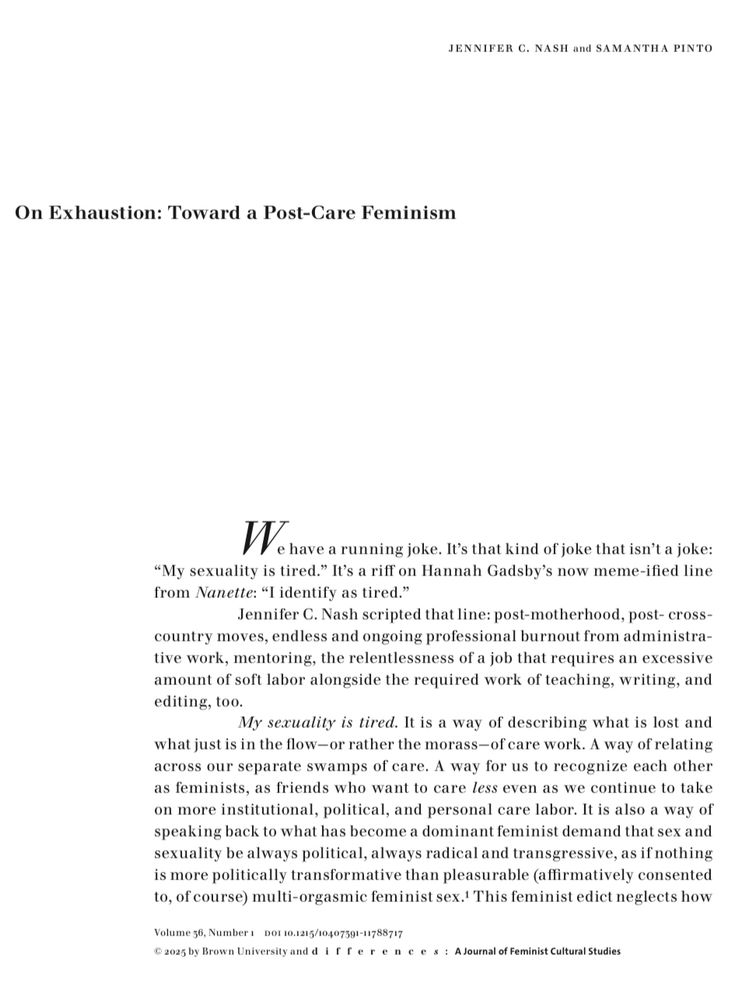
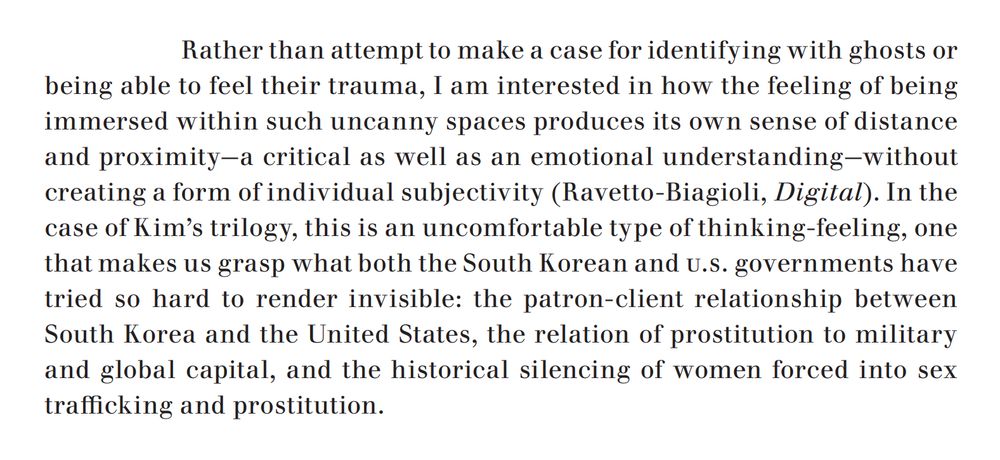
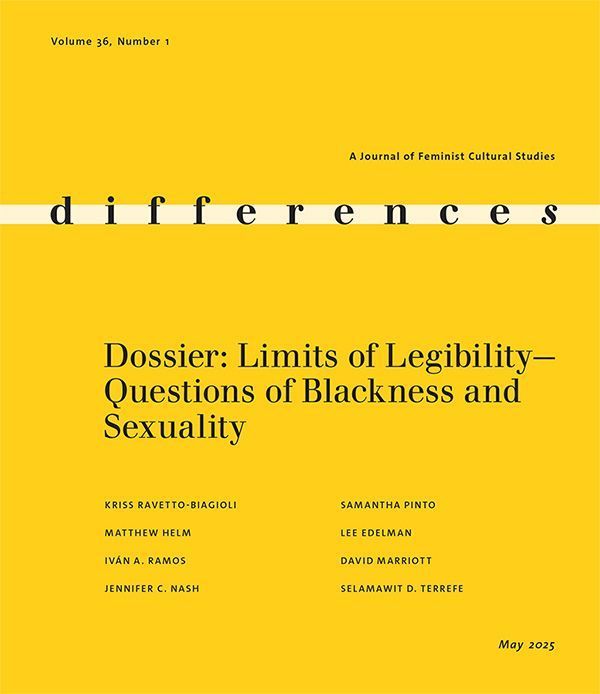



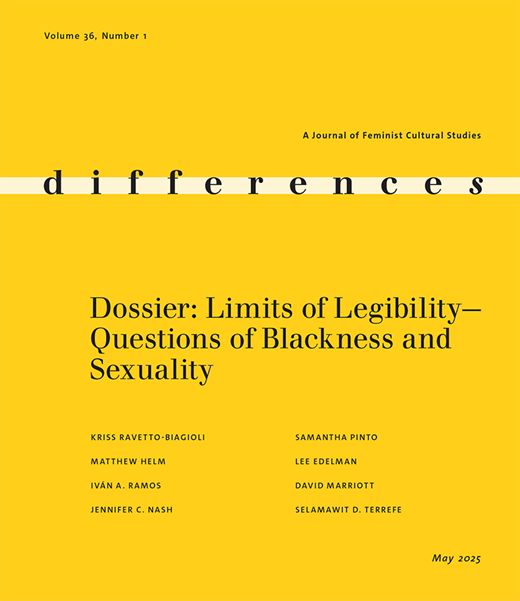
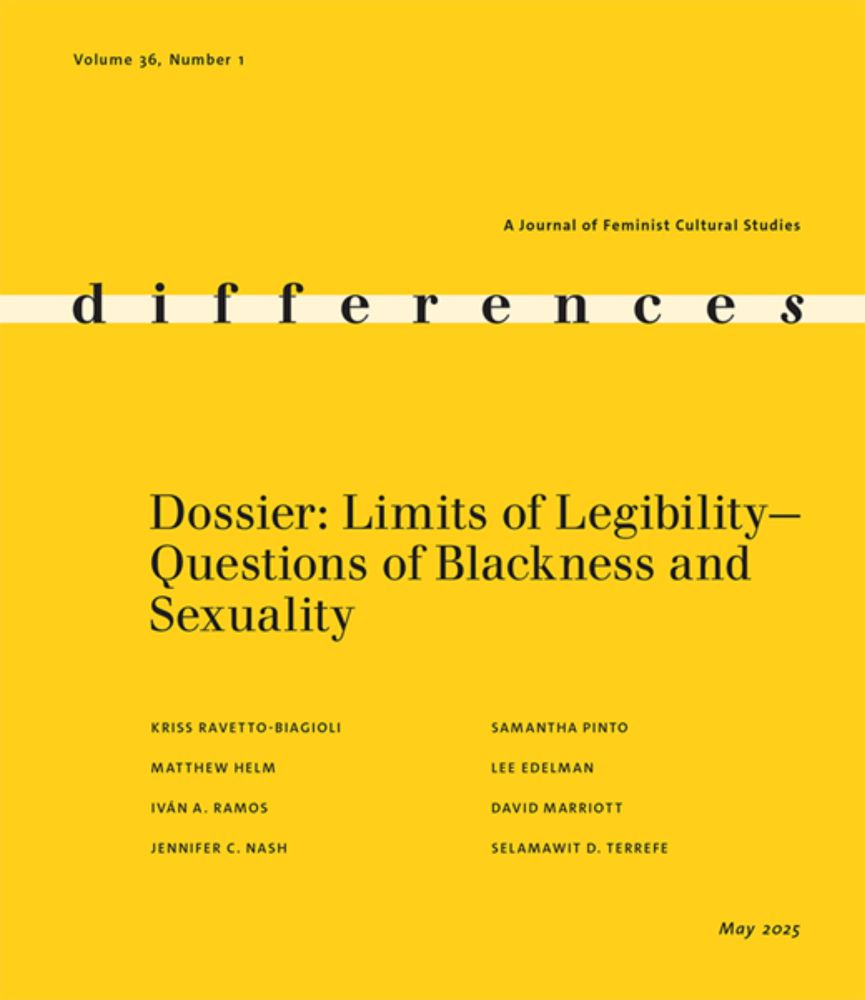
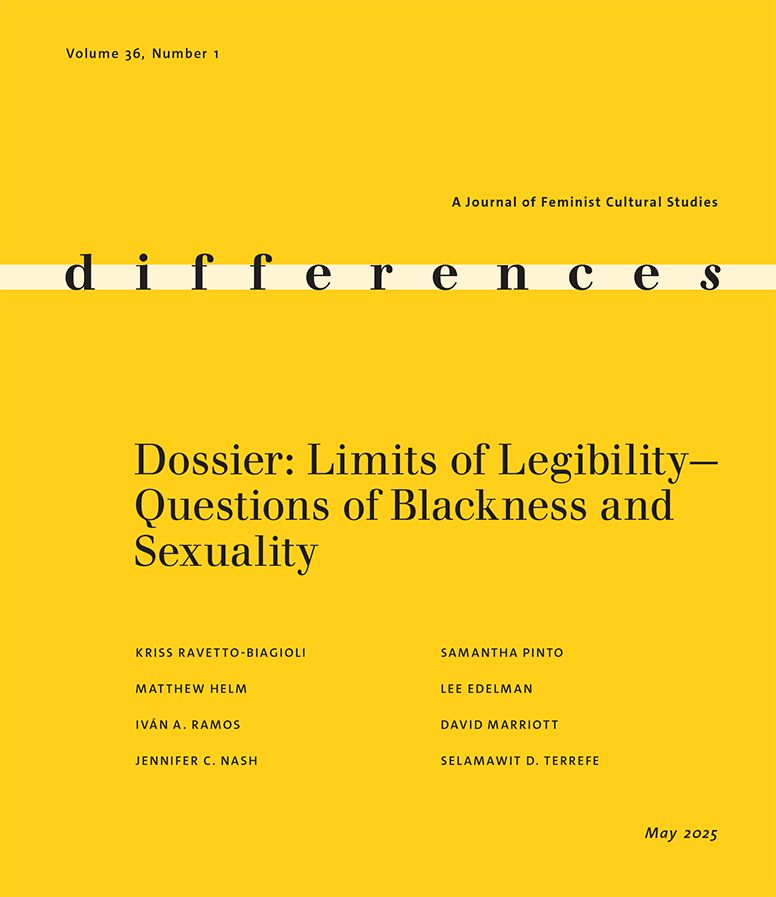
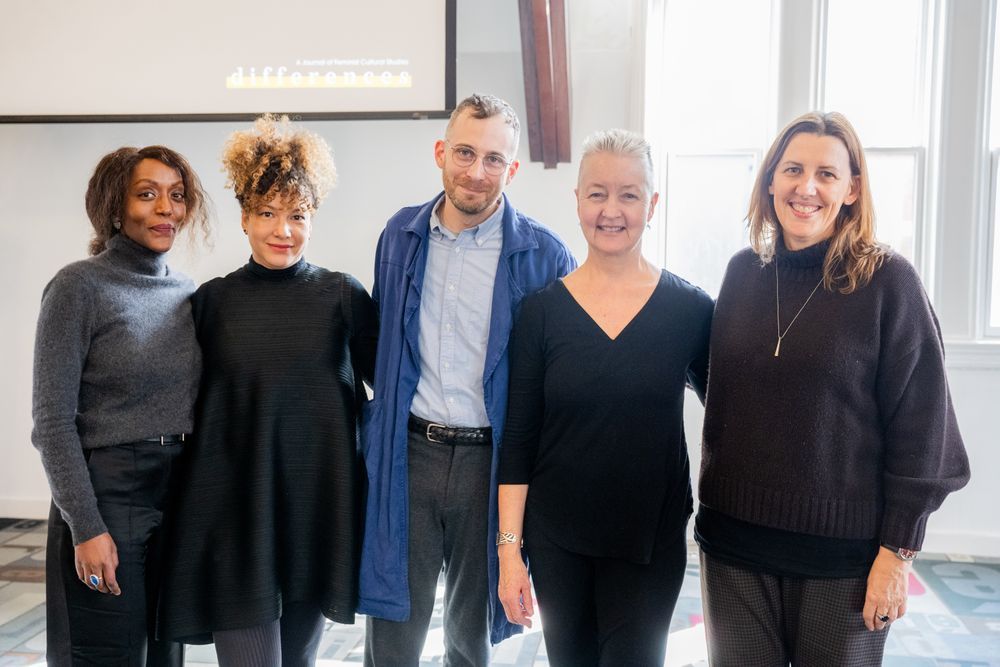
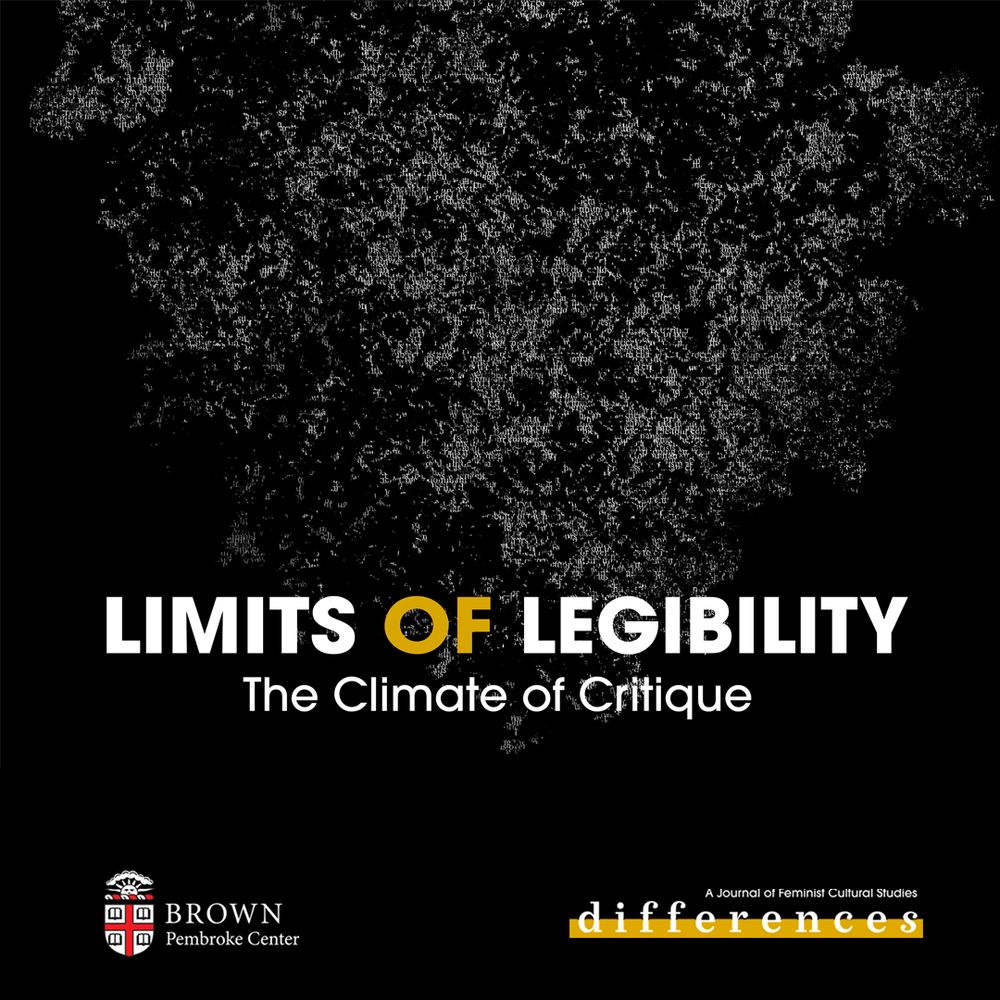
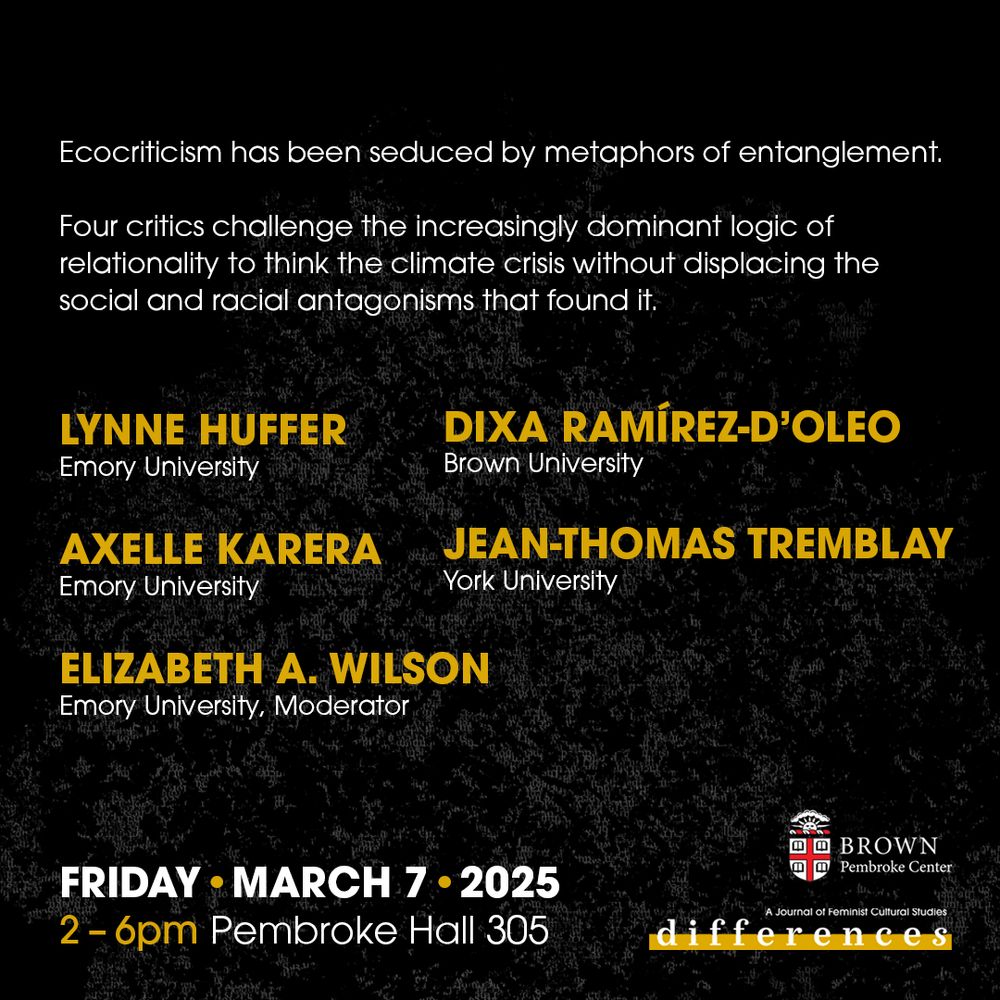
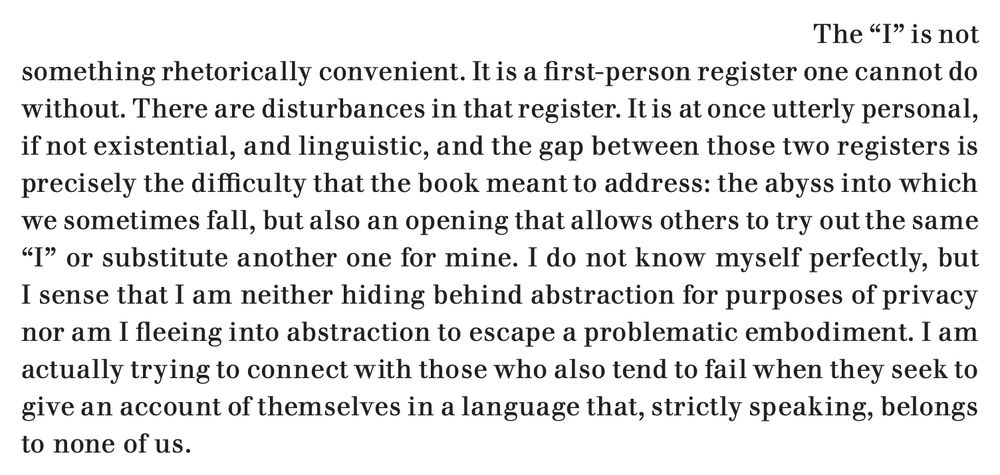
![An excerpt from the linked article, which reads: "Generally, antinarrative theorists define queerness as a force of negativity that ruptures the illusory structures of identity (see Edelman, No and Bad). Narrative perpetuates these structures by promising a satisfying closure that will never arrive. Butler similarly challenges the desire for 'narrative closure for our lives' (Giving 64). They are especially critical of those who idealize a coherent, definitive life story as key to a healthy psyche. In fact, they go so far as to suggest that 'something we might tentatively call the truth of the person [ . . . ] might well become more clear in moments of interruption, stoppage, open-endedness—in enigmatic
articulations that cannot easily be translated into narrative form.' While
they embrace the enigmas that exceed narration, Butler nonetheless refuses 'to celebrate a certain notion of incoherence' as a queer ideal. Rather than opposing incoherence to identity, Butler defines incoherence as the existential price of our relational being. In their words, '[O]ur ‘incoherence’ establishes the way in which we are constituted in relationality: implicated, beholden, derived, sustained by a social world that is beyond us and before us.' We simply cannot do without incoherence. But too much incoherence can lead to painful or even unlivable states of fracture, and as Butler cautions, '[T]he suffering that belongs to conditions of dissociation should not be underestimated' (52). We need some measure of coherence to survive.](https://cdn.bsky.app/img/feed_thumbnail/plain/did:plc:6phcm4yufghwwc67rd7ecymq/bafkreih7swt6qevxfrhlgkdansbyi5elbzqhmyllqdt5ijszefep7noxfm@jpeg)

